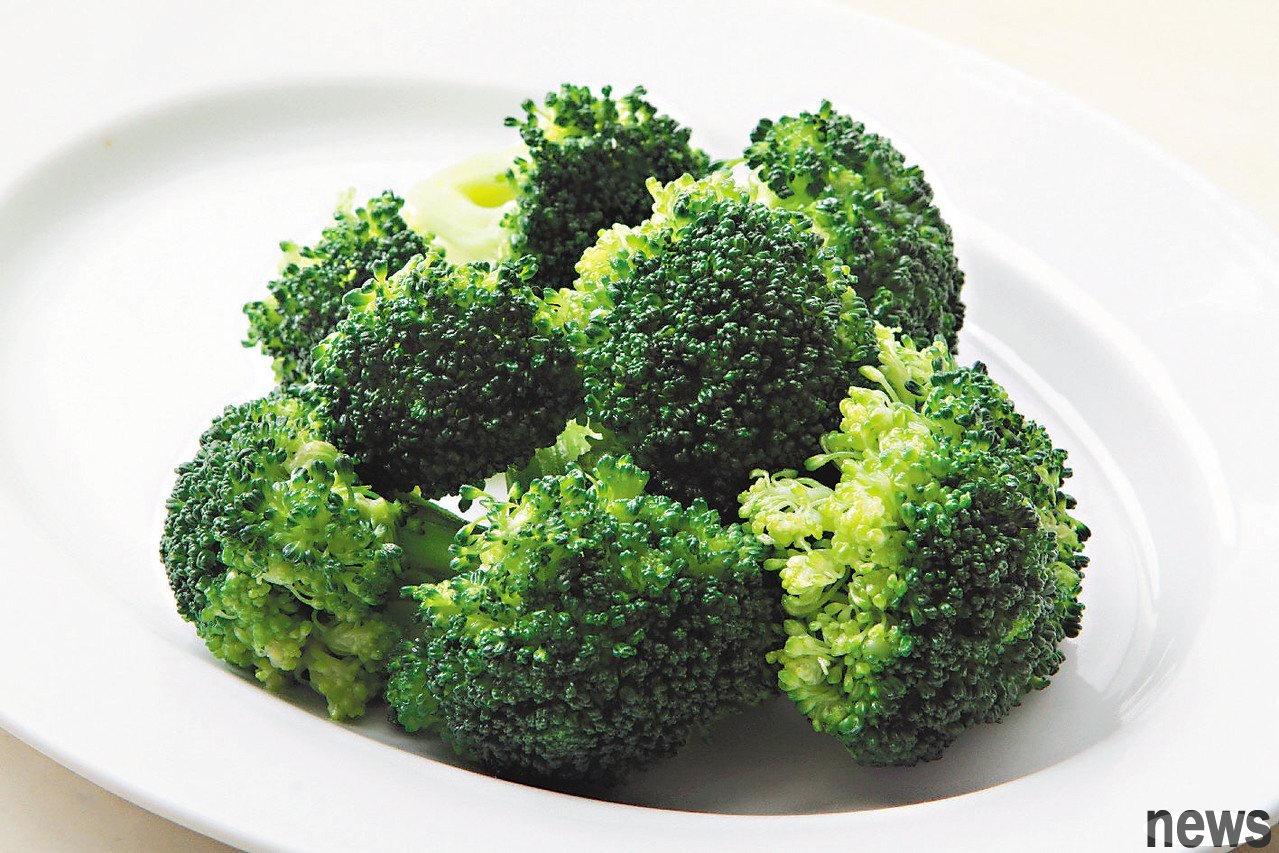
Vegetables not only provide important nutrients that humans must have, but also have the effect of calming people's mood. According to a research published by the Japanese food factory Kewpie recently, eating cauliflower can promote the secretion of inflammatory hormones called "happiness hormone", brings relaxation effects and enhances happiness.
The study targeted 14 adults who "like" or "slightly like" cauliflower, and asked them to eat cauliflower that was cut into small pieces after heating, and measured the agenitine concentration in saliva before and after consumption. Agentine is usually secreted during human contact and interaction, and is also called "love hormone". The results show that compared with the sedative rest period, the oxytocin change rate after cauliflower is taken up significantly, which proves that eating cauliflower can effectively promote the secretion of oxytocin.
At the same time, the degree of "feeling happy" increased significantly in the emotional evaluation of the subjects, while the degree of "feeling depressed" decreased significantly. In other words, the changes in the body are consistent with psychological feelings.
The research team further measured brain waves and heartbeats for 12 adults who "don't swear vegetables". The subject drank a mixture of cauliflower and water at a ratio of 1:0.5 and evaluated the meditation value with brain swelling. The results showed that the relaxation index of the cauliflower group was significantly higher than that of the water group during and after ingestion.
In addition, the instrument is used to measure heartbeat data and evaluate the activities of the parasympathetic nerve. The results show that parasympathetic neural activity increases significantly when cauliflower is taken, and the autonomic neural balance is tilted towards a relaxed state. Kewpie said that in the future, more physiological indicator tests will be conducted and expanded to the inspection of other vegetables, further exploring the scientific basis of "vegetable and happiness".

Cauliflower is a cruciferous vegetable and is rich in dietary fiber, vitamin C, vitamin K, leaf acid, and a variety of plant nutrients such as sulfate thio. According to the information from the Department of Agriculture of the United States, every 100 grams of raw cauliflower contains only 34 calories of heat, which can provide daily recommended daily intake of about 77% vitamin C and 20% vitamin K.
Taiwan Cancer Foundation pointed out that the sulfate thio contained in cruciferous vegetables has antioxidant and anti-inflammatory effects and helps reduce cancer risks. In addition, the high standard in cauliflower helps peristalsis, maintains cerebral phase balance, and assists in blood sugar and calcification control.
Nutritionists suggest that people can use cauliflower as an important source of vegetables for daily diet, such as steaming, blanching or quick stir-frying, to avoid overcooking to retain nutritional value. Experts also remind that it should be balanced with other different colors of vegetables to fully supplement diverse nutrients.